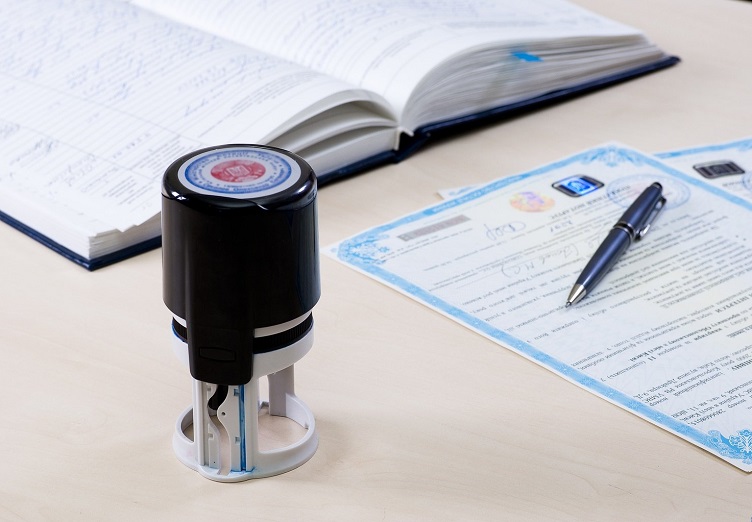After the death of a person, a question arises regarding the exercise of inheritance rights by the heirs in relation to the deceased person's property.
The main stages of the implementation of inheritance rights can be distinguished:
Discovery of inheritance: After the death of a person, property can be inherited. In most cases, the procedure for opening the inheritance begins with the submission of an application to the notary within the prescribed time frame, after which he takes the necessary actions to determine the heirs and distribute the inheritance.
Determination of heirs and distribution of inheritance: If a person left a will, then the inheritance is distributed among the heirs according to the will of the deceased person, if there is no will - according to the rules of inheritance by law.
Inheritance Disputes: In some cases, disputes may arise between heirs or persons who believe that they were entitled to the inheritance. If there is a dispute, the notary usually refuses to register inheritance rights, and recommends that the person refer to the court on this issue. That is, inheritance disputes are resolved in court. At the same time, usually to resolve these disputes, the court requires a notary to file an inheritance case.
Thus, the opening of an inheritance case is one of the stages of a person's realization of his inheritance rights.
What are inheritance cases, who opens them and when? In order to resolve the issue of inheritance, the notary will initiate an inheritance case, which will be initiated at the place of opening of the inheritance. Usually, the place of opening of inheritance is the place of last residence of the deceased person or the location of his main property.
To get more accurate information about the place of inheritance opening in your particular case, it is recommended to contact a lawyer or a consultant on inheritance law. A probate lawyer will be able to provide specific advice according to law and practice.
The grounds for opening an inheritance case for a notary are the fact that a person personally submits one of the following statements: that a person wishes to accept an inheritance, that a person refuses to accept an inheritance, that a person asks for a certificate of right to be issued to him for inheritance, etc. Also, a person has the right to send such an application by postal means, but the specified application must be certified by a notary at the place of residence of the person sending the application.
The current legislation establishes that an inheritance case after the death of one person can be initiated only in one notary office. Therefore, when the notary receives the relevant statement, on the basis of which he has to initiate an inheritance case, he will check the fact of the initiation of an inheritance case against the same person by another notary based on the data of the Inheritance Register. If there are no such inheritance cases, the notary will open an inheritance case, if there is one, he will refuse the applicant to accept his application and to open an inheritance case, while explaining where he should go with this application. However, in the event that a succession case is instituted by another notary due to the fact that the place of inheritance opening was incorrectly determined, the notary has the right to request the said succession case for further proceedings.
Thus, inheritance cases are initiated by a notary after the death of a person and concern the distribution of his property among the heirs. Inheritance cases contain collected documents relating to the property of a deceased person and his heirs.
If necessary, an inheritance lawyer can conduct a consultation, during which you can ask him questions about the month of inheritance opening, the procedure for submitting an application for acceptance of inheritance, and other important inheritance issues.

































